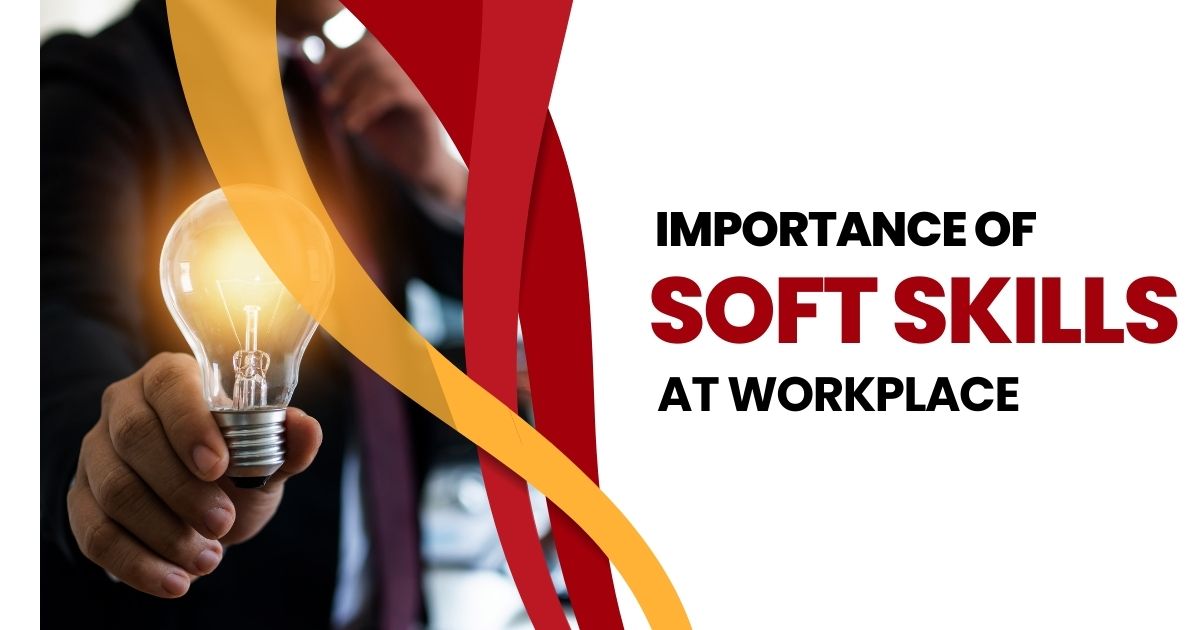
In today’s competitive job market, possessing the right technical skills is crucial, but it’s often the soft skills that set candidates apart and enable long-term career success. Soft skills, such as communication, teamwork, and problem-solving, are essential for fostering a productive and positive work environment. Here’s why soft skills are so important in the workplace and how you can develop them.
Communication is the foundation of any successful workplace. It encompasses not only speaking and writing clearly but also listening actively and understanding non-verbal cues. Effective communicators can convey their ideas, provide feedback, and collaborate with colleagues more efficiently.
Tips to Improve Communication:
The ability to work well with others is essential in most job roles. Teamwork involves collaborating with colleagues, sharing ideas, and contributing to collective goals. Employers value individuals who can build strong relationships and work effectively in a team.
Tips to Improve Teamwork:
Problem-solving skills are crucial for addressing challenges and finding effective solutions. Employees who can think critically and creatively to overcome obstacles are invaluable to any organization.
Tips to Improve Problem-Solving:
In a rapidly changing work environment, the ability to adapt to new situations and embrace change is highly valued. Adaptable employees can handle unexpected challenges and are open to learning new skills.
Tips to Improve Adaptability:
Effective time management enables employees to prioritize tasks, meet deadlines, and maintain a healthy work-life balance. Strong time management skills increase productivity and reduce stress.
Tips to Improve Time Management:
Leadership is not just about managing others; it’s also about taking initiative and inspiring those around you. Good leaders can motivate their teams, provide direction, and drive organizational success.
Tips to Improve Leadership:
Emotional intelligence (EI) involves recognizing and managing your own emotions and understanding the emotions of others. High EI helps in building stronger relationships, managing stress, and navigating social complexities at work.
Tips to Improve Emotional Intelligence:
Soft skills are essential for creating a harmonious and efficient workplace. They complement technical skills and enable employees to communicate effectively, collaborate with others, and adapt to changing environments. By focusing on developing your soft skills, you can enhance your career prospects and contribute positively to your organization’s success.